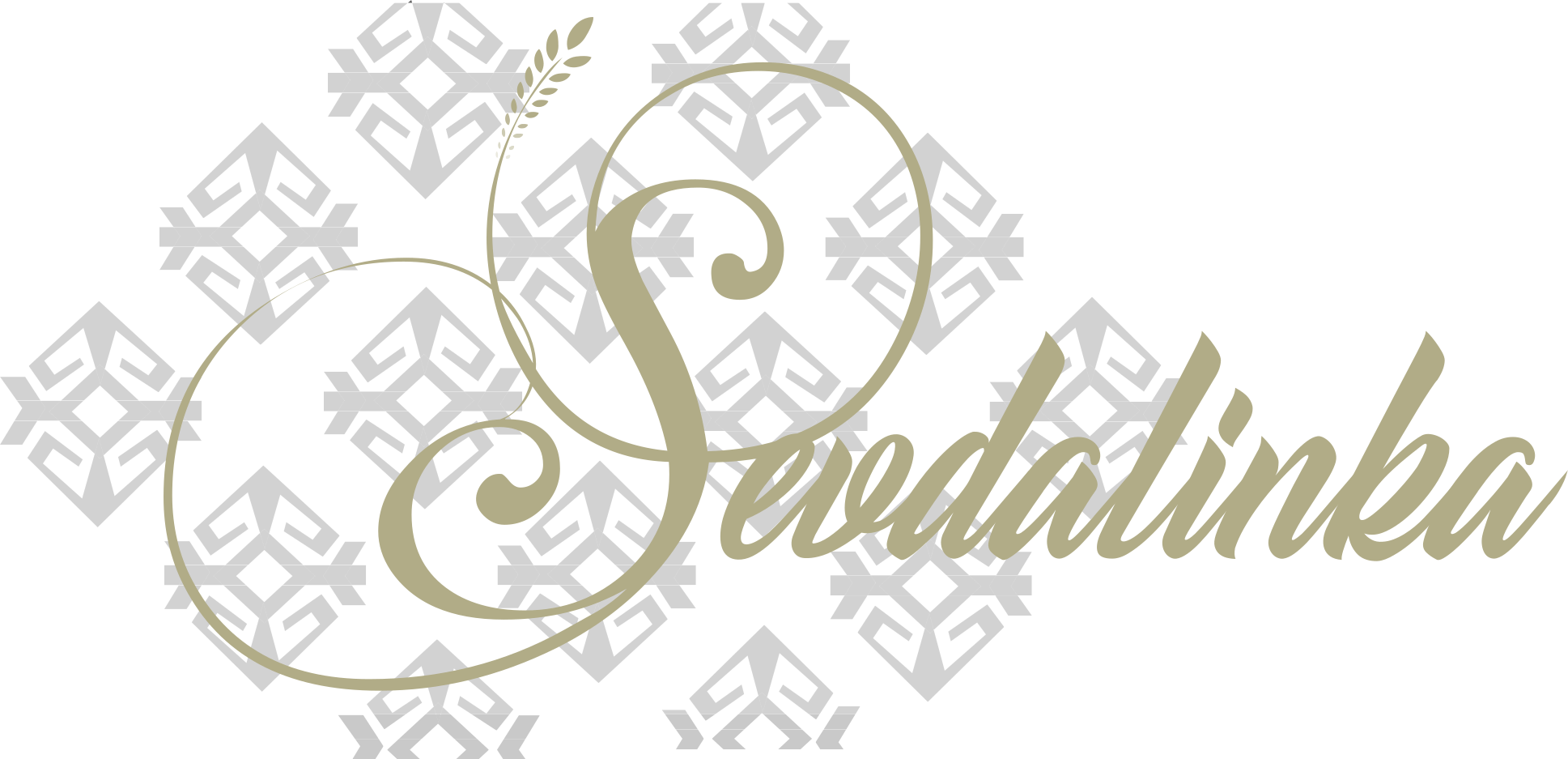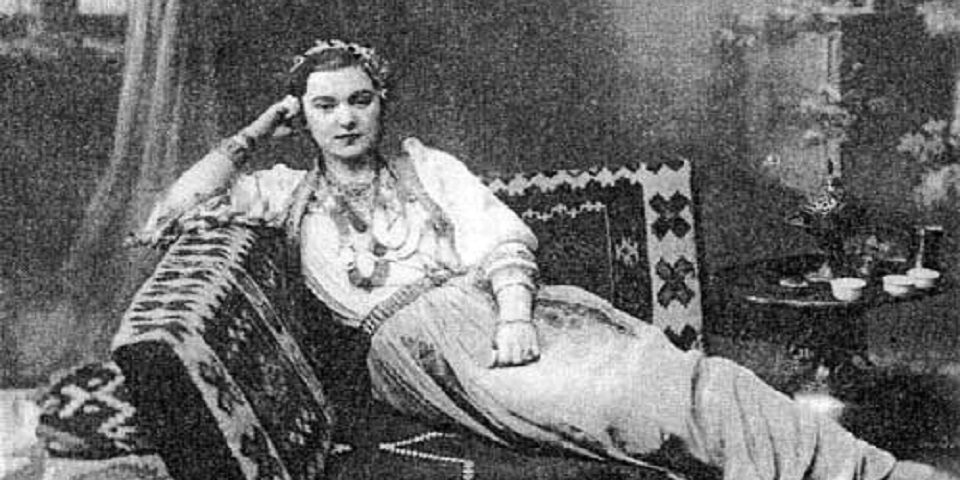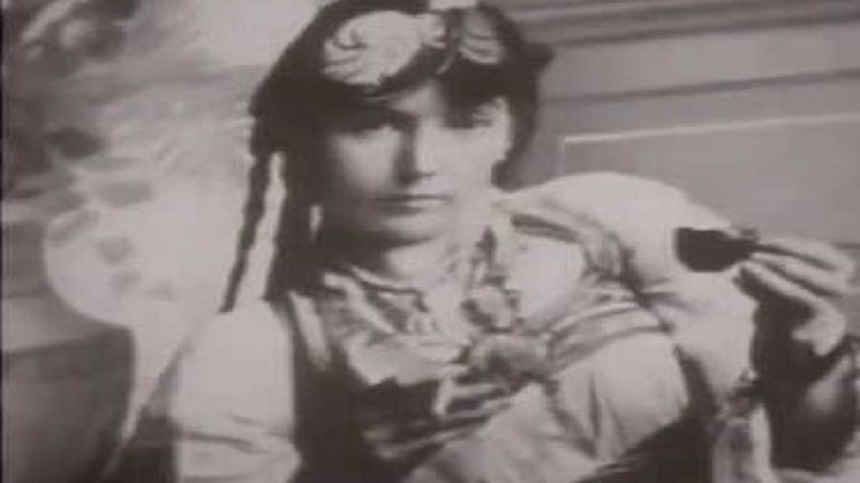The first Bosnian Muslim poetess was Umihana Čuvidina.
She was born at the end of the 18th century (ca. 1795 – 1870) on the Hrid into the family Čuvid – which was active in the hospitality industry and fruit trade. Her birthplace was on the corner of Mujezin Sokak, in the small Sarajevo district below Kačanik.
After the tragic death of her fiancé, Umihana began to write poetry.
She never recovered from this stroke of fate.
Among the standard-bearers of the Bosnian army was Umihana’s fiancé Mujo Čamdži from Bistrik.
According to the historians Sejfudin Kemura and Vladimir Ćorović he died in the fights near Loznica.
Out of grief over his passing, Umihana remained unmarried all his life.
She learned of her fiancé’s death in October or November 1813.
That was the moment when she decided to spend the rest of her life as the fiancé of the hero Čamdži Mujo and to keep the memory of him alive.
Beautiful girl from a poor but decent family
Umihana’s decision never to marry again seemed quite strange to people.
When she was still alive, people in Sarajevo told how “a beautiful girl from a poor but decent family renounced marriage forever in grief and pain”.
The grief evoked in Umihana the need and desire to remember Čamdži Mujo forever, first of all in her own and then as a written trace in Bosniak literature.
Her poetry was inspired by folk poetry, but she rarely used turcisms; her works are infused with beautiful and richly ornamented language.
“Loving like Sevda”
Their poems were so popular in old Sarajevo that they were passed on orally in the city districts and eventually became popular poetry.
It is worth mentioning that Umihana called herself Sevda – in reference to Sevdah.
According to some authors, the phrase “you love like Sevda” was common before the Second World War.
It is not officially recorded…
Official information about Umihana Čuvidina does not exist in any official documents in Sarajevo.
It is assumed that the reason for this was that it did not meet a necessary requirement for registration:
– marriage at the registry office
– inheritance disputes after the death of a woman
– in the event of a woman donating assets
– Woman’s martyrdom
None of this applied to Umihana. There are no official records of their existence. It is assumed that she probably died around 1870 and was buried “Under the Gaj” on Hrid, probably without an inscription on her grave.
It must be noted that at that time, poor women who were also unmarried at the time did not have their gravestones inscribed.



